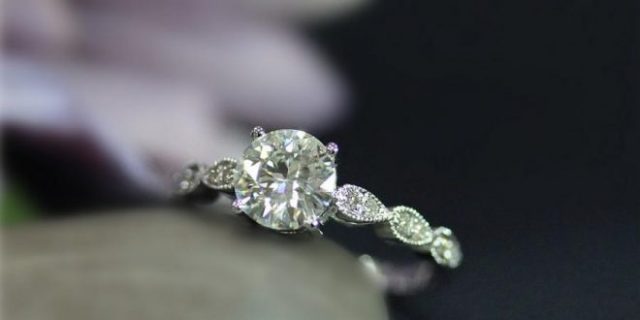
DIAMOND RING
a poem by Yuri Kageyama
That ring
Solitaire
That glistening rock
Magical
Probably stolen from Africa
No matter
Broken promises
Please marry me
Sitting on a velvety
Cushion
Cartier Tiffany’s
Harry Winston
Van Cleef & Arpels
After the young woman my son just broke up with
That young woman who played the violin
Asked me to go with her
To the clinic to get an abortion
I give her my grandmother’s diamond ring
The only diamond ring I’d ever owned
You can do whatever you want with it
Throw it away, pawn it away,
No, no, no, I can’t take this, she says
No, no no, I want you to have it, I say
That ring
Solitaire
That glistening rock
Magical
Probably stolen from Africa
No matter
Broken promises
Please marry me
Sitting on a velvety
Cushion
Cartier Tiffany’s
Harry Winston
Van Cleef & Arpels
With the passing of years
We outgrow our fetishes
I wonder if she still plays the violin
I don’t wonder about the ring
That ring
Solitaire
That glistening rock
Magical
Probably stolen from Africa
No matter
Broken promises
Please marry me
Sitting on a velvety
Cushion
Cartier Tiffany’s
Harry Winston
Van Cleef & Arpels